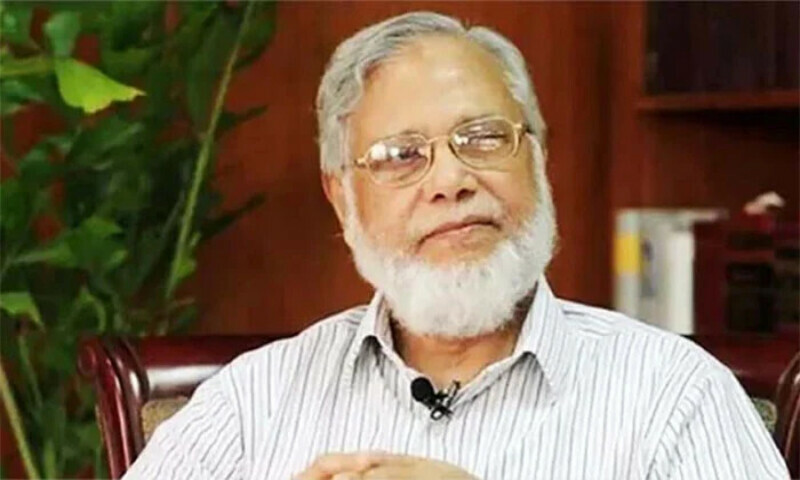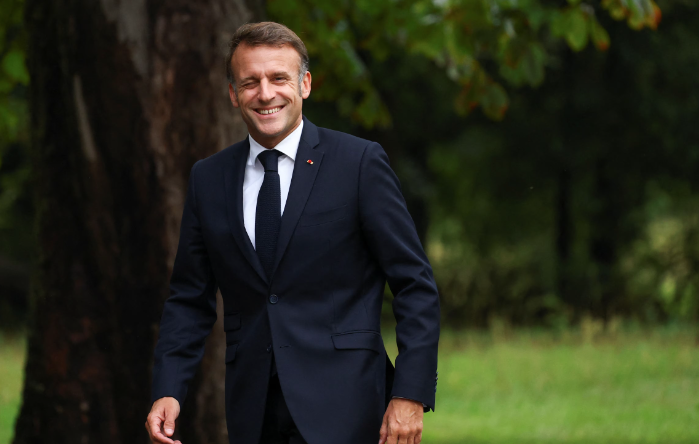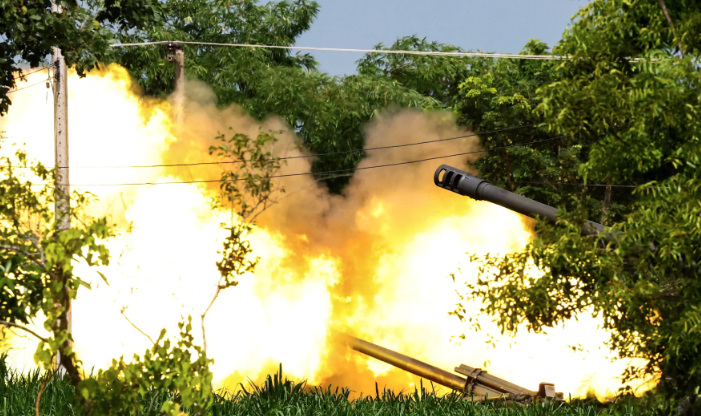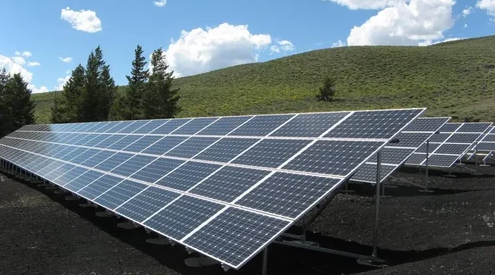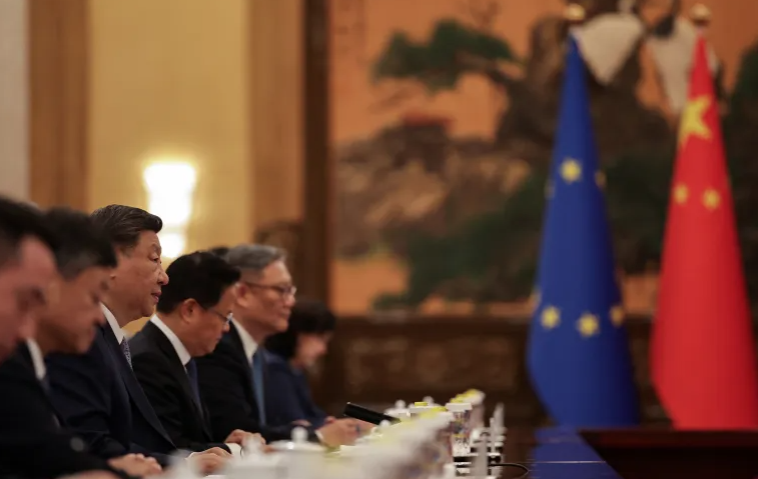WORLD NEWS
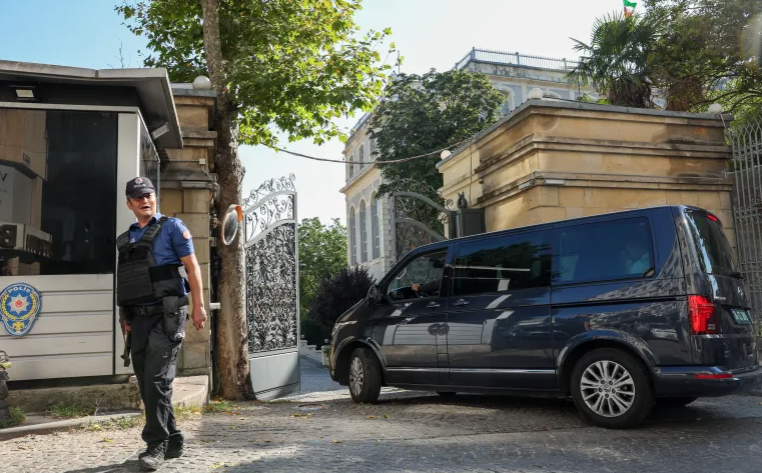
Iranian diplomats are meeting with counterparts from Germany, the United Kingdom, and France in Istanbul, marking the first high-level discussions since Israel’s June attack on Iran and the subsequent 12-day conflict involving direct US military intervention.
The talks come as the European trio (E3) consider triggering the “snapback mechanism” under UN Security Council Resolution 2231, which would reinstate sanctions on Iran before the mechanism expires in October.
Iranian Foreign Ministry spokesperson Esmaeil Baghaei dismissed any move to extend Resolution 2231 as “meaningless and baseless,” asserting that European powers must correct their positions on the nuclear issue.
Resolution 2231 formed the backbone of the 2015 Iran nuclear deal (JCPOA), under which Tehran agreed to limit uranium enrichment in exchange for sanctions relief. That deal was derailed in 2018 when former US President Donald Trump unilaterally withdrew, leading to a steady breakdown of commitments by all parties.
Tensions After US-Israel Strikes
The latest diplomatic push follows a deadly mid-June Israeli assault on Iranian soil, which killed nuclear scientists, top commanders, and hundreds of civilians. The US joined the conflict by targeting major Iranian nuclear sites at Fordow, Isfahan, and Natanz on June 22 — just days before a scheduled US-Iran nuclear negotiation.
According to Iranian officials, the strikes caused “serious and severe” damage, effectively halting uranium enrichment at the sites.
Iranian President Masoud Pezeshkian, in a recent Al Jazeera interview, confirmed that while enrichment has stopped temporarily, the program remains “a matter of national pride,” and Iran has no plans to abandon it. He reiterated that Iran’s nuclear ambitions remain within international legal frameworks, and Tehran does not seek nuclear weapons.
European Threats and Iran’s Response
The E3's threat to restore UN sanctions — the so-called snapback — has been met with stern warnings from Iranian officials. Deputy FM Kazem Gharibabadi called the move “completely illegal” and accused Europe of abandoning its JCPOA commitments.
Gharibabadi noted that Tehran remains open to “finding common ground,” but warned of serious consequences if the E3 proceed.
Iran has also signaled that a return to UN sanctions could prompt it to withdraw from the Nuclear Non-Proliferation Treaty (NPT), deepening its international isolation.
IAEA Hints at Renewed Technical Talks
In a cautiously optimistic tone, IAEA Director General Rafael Grossi said Friday that Iran has expressed willingness to restart technical discussions. Speaking from Singapore, Grossi said the talks would initially focus on “modalities” and might later lead to high-level consultations.
However, no inspections are currently planned, and Iran’s earlier hostility toward the IAEA persists. In June, Foreign Minister Abbas Araghchi accused the agency of bias and rejected Grossi’s request to inspect bombed nuclear sites, calling it “malign in intent.”
Iran has since suspended cooperation with the IAEA, although a technical team is expected to return soon under new terms.
Israel's Position
Israel remains firm in its demand that the E3 activate the snapback clause, and has warned it may resume strikes if Iran rebuilds nuclear infrastructure or advances toward weapons capability.
Iran, for its part, has vowed a “harsh response” to any further attacks and maintains that uranium enrichment — currently at 60% purity — is for civilian use only, despite exceeding the 3.67% cap set under the original JCPOA.
US and IAEA reports continue to indicate no clear evidence of Iran pursuing nuclear weapons.
As the October deadline for snapback action nears, the outcome of the Istanbul talks could determine whether diplomacy prevails — or whether the region plunges further into instability.
